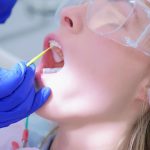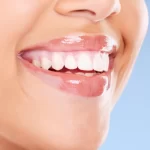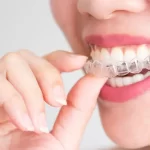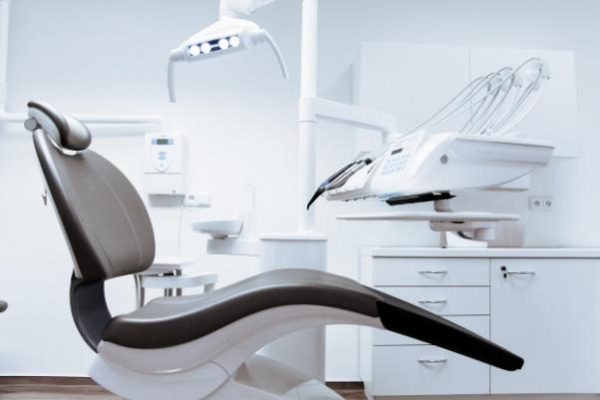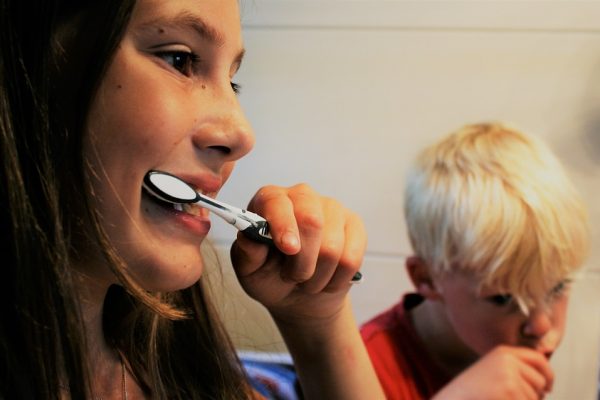Taking care of your oral hygiene is critically important if you wish to lead a healthy and fulfilling life. Often, the negligence of simple things can land you in great trouble. For instance, if you ignore your regular visits to the dentist, you might end up with painful gum issues, inflammation around the tooth, dental caries, and so on. According to a study conducted by the National Health and Nutrition department, 42% of children aged between 2 to 11 have tooth decay. Isn’t it high time that you take the right steps for yourself, as well as your family?
A Brief On Sedation Dentistry
The dental treatments like tooth extraction, dental implants, dental bridges, gingivitis treatment, etc. may cause pain during dental therapeutics. One of the most common ways used by dentists to keep away the patient’s discomfort is the use of sedation dentistry. If your mind is still boggling over what this sedation dentistry is, then let’s throw some light over it. In simple terms, it is the use of medicinal agents to calm and relax a patient before and during a dental appointment. Dentists usually use sedative drugs to depress the central nervous system so that the patient can feel minimal to no pain during the dental procedure or surgery.
Levels of Sedation
Dental sedation act as per the level and the dosage of drugs used. They can be roughly categorized into the following levels:
- Minimal Sedation: As the name suggests, this involves the use of a small number of sedatives, so that the patient can relax and stay calm. The patient is awake, however. He/she can even respond to the dentist’s requests or instructions.
- Moderate or Conscious Sedation: Under this category, the patient might not remember much of what happened during the treatment.
- Deep Sedation: In deep sedation, the patient is at the edge of consciousness. However, it is possible to wake them up with repeated stimulations.
- General Anesthesia: There is yet another category, called the general anesthesia, in which the patient is completely unconscious.

The conscious sedation is further classified into the following types:
i. Oral Sedation: People with anxiety, fear of needles and other dental equipment, or with previous dental trauma, can take oral medications to have a stress-free treatment. The sedative drugs are usually given an hour or so before the appointment. They can also be given the night before the appointment date to help relax the patient. It can facilitate better dental procedures and in lesser time.
ii. Inhalation Sedation: This type of conscious sedation involves inhaling a drug to get relief from dental stress and anxiety. Although the medicines effectively depress the patient’s nervous system, they can still respond to the dentist when prompted. Dental equipment like a flowmeter, reservoir bag, etc. can be used for inhalation dentistry.
iii. IV Sedation: Intravenous Sedation, also called monitored anesthesia care(MAC), is a type of sedation that is administered through the veins of the patient. These are safe and facilitates that patients can come out of the effect of the drug soon.
Is Sedation Dentistry Right For You?
If you are someone for whom the fear of going to the dentist has paved the way to oral problems, sedation is just the right thing for you. Dental sedation is also great for those suffering from dental anxiety or who have had a bad dental experience in the past. Kids, who are generally afraid of dangerous dental equipment can also receive sedation. Apart from that, the ones with sensitive teeth, stress-issues, and fear of dental surgery can also be given sedation dentistry.

How Long Can Sedation Last?
The duration up to which the effect of dental sedation lasts may vary. For example, if your dentist uses the well-known drug ‘Versed (Midazolam),’ you can be back to normal in a fleeting time. ‘Ativan (Lorazepam),’ another sedative drug is used against dental anxiety for appointments longer than 2 hours. However, when injected with ‘Valium (Diazepam),’ it can take hours to get back to your original senses. It usually happens in anesthesia, in which you need to wait up to a few hours at the doctor before you are allowed to leave.
Some patients may feel perfectly fine, a few minutes after the dental procedure, provided their sedation is of lower levels. However, it may cause nausea, weakness, headache, or drowsiness. You must consult and discuss with your dentist about what effect it can have on you.
Thus, the patients return to their regular activity within 24 hours of drug intake. This pace is faster in the case of healthy and younger patients who can metabolize the effect of drugs faster. It’s always better to be precautious and keep at least 24 hours in hands, to get back to your routine. Thus, it’s advised to bring a member along with you to drive you back. A day off work and avoiding intense physical activity will help in settling the body to normal.
![]() Is Dental Sedation Safe?
Is Dental Sedation Safe?
Well, there have been controversies on whether dental sedation is safe enough for the patients, especially the younger kids. However, sedation is a safe procedure that can help reduce pain, anxiety, stress, and fear before and during the treatment. However, to minimize the risks, you should always seek the diagnosis of an experienced dentist. The dentists who have the prior experience of sedation dentistry and can handle any abrupt anomalies are best suited to get safe sedation. Not just that, people with particular ailments, like obtrusive sleep disorders must pay special attention to what level of sedation they are opting for.

Conclusion
If the fear or anxiety of treatments eats you up and makes seeing a dentist almost impossible for you, it’s time you try out the sedation dentistry for yourself and your little ones. These have numerous benefits, are safe, and can be given at varying levels as per the need. Moreover, you can have a painless experience even in extreme dental surgeries. So, now that Science has developed at par, we must not be reluctant to have proper dental diagnosis and treatment at the right time.




